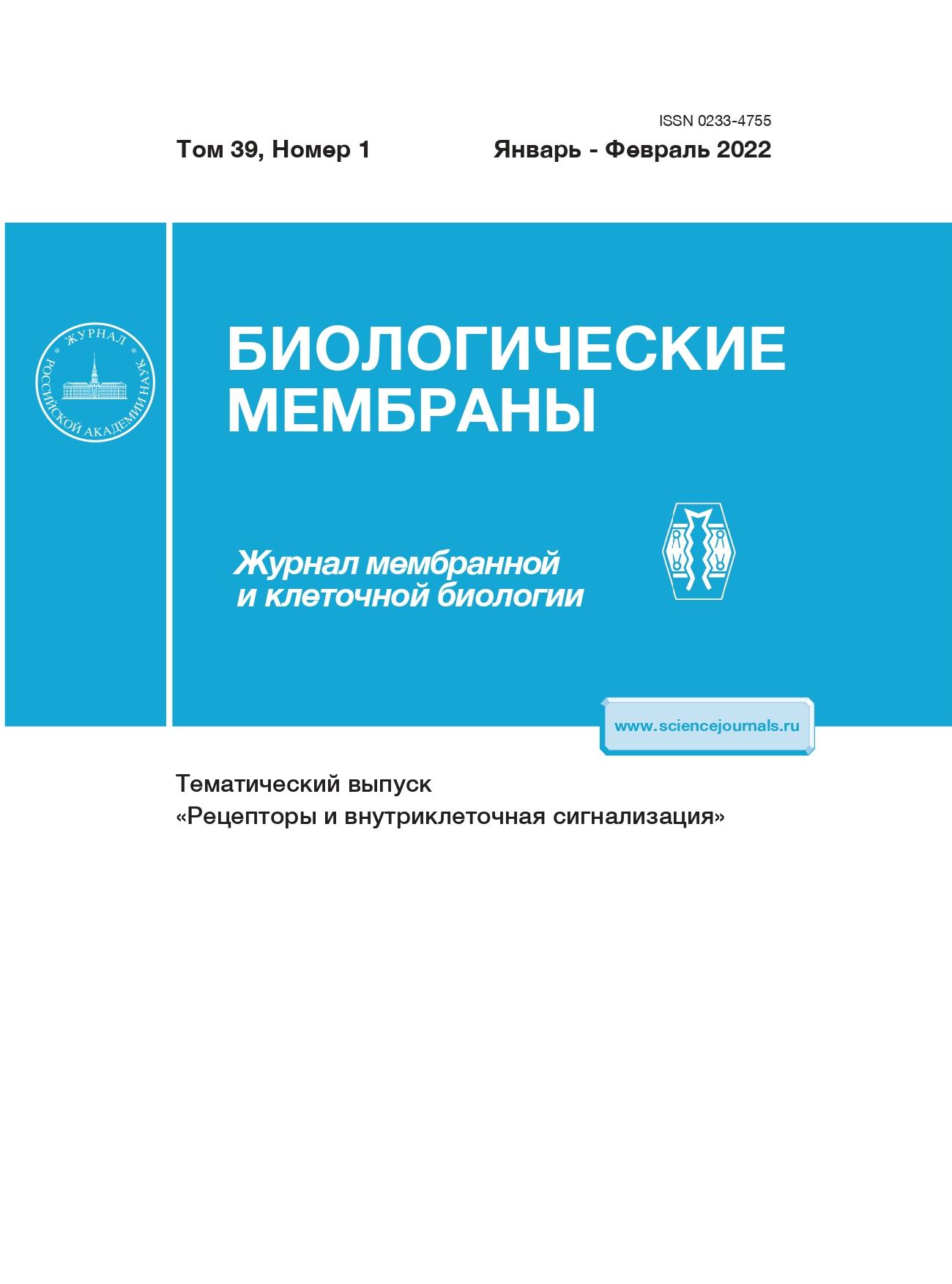
BIOLOGICHESKIE MEMBRANY
Journal of Membrane and Cell Biology

Journal of Membrane and Cell Biology
V. V. Dynnik, E. V. Grishina, N. I. Fedotcheva
Biochemistry (Moscow), Supplement Series A: Membrane and Cell Biology. 2021;15(1):82-88
Pages: 82-88
This commemorative article celebrates the 100th anniversary of the birth of Boris Izrailevich Khodorov (1922–2014), an eminent Soviet and Russian neurophysiologist whose pioneering work fundamentally advanced the field of excitable biological membranes. The primary objective of this review is to synthesize Khodorov's most significant contributions, placing them within the context of modern membrane and cell biology. His research, primarily utilizing electrophysiological techniques such as voltage clamping on nerve fibers, provided critical insights into the mechanisms governing electrical excitability. A key focus of his work was the detailed characterization of the ionic permeability of the nerve membrane, particularly the properties of voltage-gated sodium and potassium channels. Khodorov's studies elucidated the effects of various pharmacological agents, including local anesthetics and antiarrhythmic drugs, on these ion channels, revealing their role in modulating membrane currents and inactivation processes. His comprehensive book, "The Problem of Excitability," became a seminal text, establishing a framework for understanding the molecular basis of nerve impulse generation. The enduring significance of his legacy lies in establishing the foundational principles that continue to inform research into ion channel function, neuropharmacology, and the pathophysiology of excitable tissues.